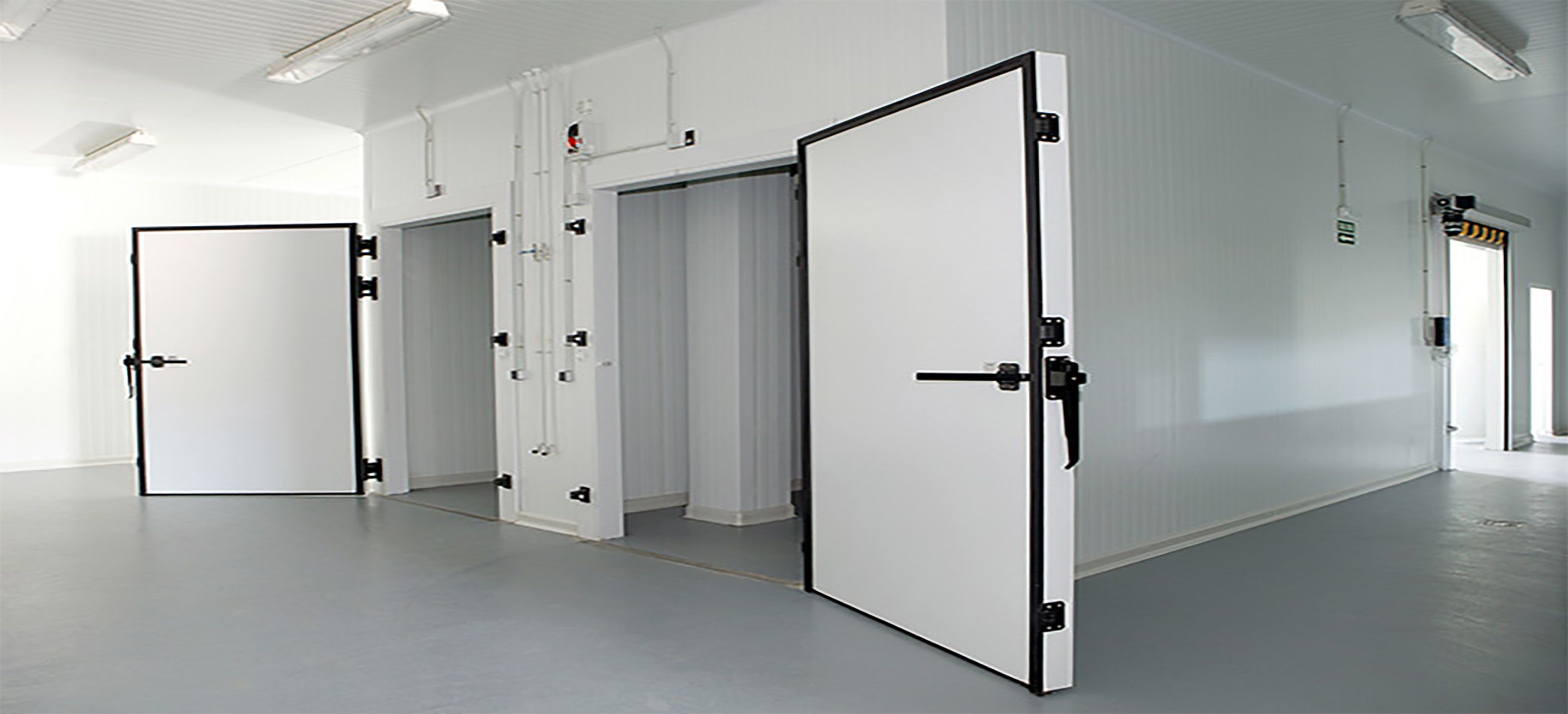A freezer room is a specialized space designed to store perishable goods at low temperatures. These rooms are commonly used by businesses that need to keep large quantities of frozen or refrigerated food items, such as restaurants and food processing plants. It preserves the perishable goods, ensuring they remain frozen until they are needed. It is used to extend the lifespan of food.

Freezer rooms feature insulated walls and doors, along with refrigeration equipment that maintains a consistent internal temperature. The temperature can be adjusted to meet the specific needs of the stored items. The temperature range for a freezer room is from -25°C to -18°C. The freezer rooms ensure the temperature is kept stable. It can be easily tailored to meet the specific needs and requirements of your industry. If the temperature becomes unsafe, your team can be alerted. Whether you are storing meat, fish, or dairy, the temperature can be adjusted to suit the stored products. Consistent temperature control prevents cold air from escaping the storage. However, proper maintenance and monitoring of temperature and humidity levels are essential to ensure the stored items remain in good condition. This provides peace of mind that products are safely stored.
Most food service businesses utilize both a freezer and a cold room, depending on the type of food and the duration of storage needed. Perishable items intended for short-term storage and immediate use can be kept in a cold room. For longer storage periods and lower temperature requirements, freezer rooms are ideal for storing meats and other products that need to be preserved for extended durations. It is beneficial for companies with limited space. Placing freezer rooms at a convenient location allows you to use existing spaces within your premises.
Freezer rooms are beneficial for many industries. Whether you work in the catering, dairy, meat and fish, or retail industry, investing in freezer rooms can assist in increasing efficiency within your business. It provides fantastic access and ample storage space. They are perfect for high-turnover businesses that prioritize stock rotation and maintaining product integrity. You can use it to expand your storage capacity and meet customer demand. It also provides valuable storage backup to meet client needs. This opens new opportunities that could positively impact business sales.

Freezer rooms are often used to store consumable products for extended periods, ranging from months to years. They are specifically designed to enhance stock longevity by maintaining consistent temperature control. A primary goal is to minimize temperature fluctuations that can occur in other storage environments. It's important to note that even minor changes can damage or render stock unsuitable. Therefore, whether you work in the restaurant and catering industry or the retail sector, having additional storage can always be valuable.
For a reliable, durable, and efficient freezer room, choose a trusted company like Africhill. They offer comprehensive freezer room & cold room solutions based on your needs and budget. For more details reach out to Africhill.


